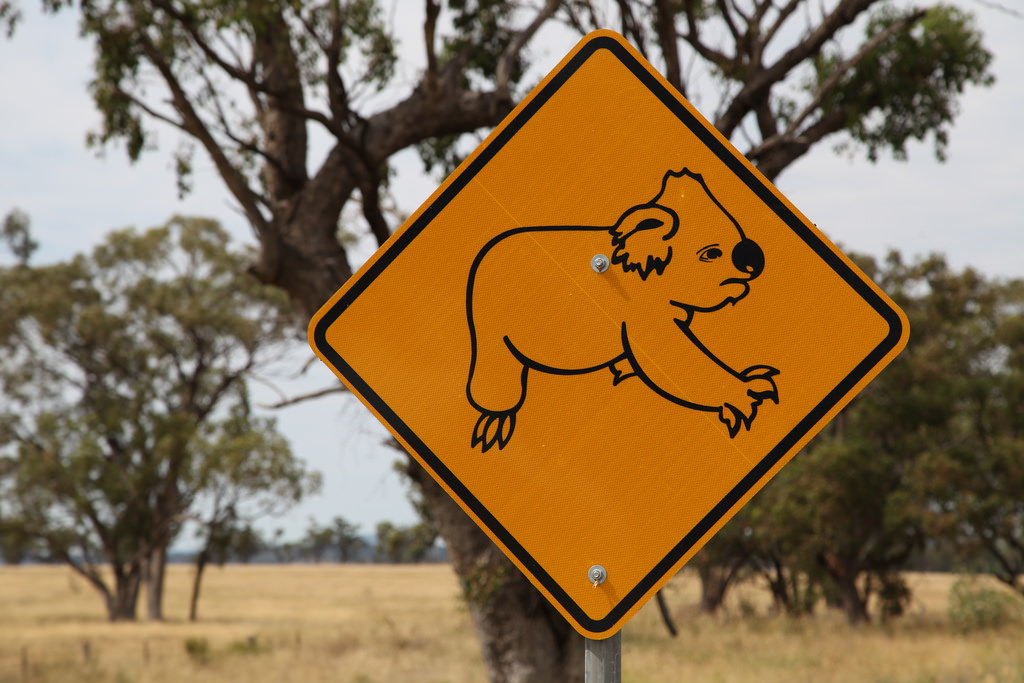
Salt
Twenty minutes ago she had climbed out of the dead sea. She now lay drying on the leathery shore.
“We should go,” he said.
He was sitting up next to her and looking over his shoulder at their hire car perched anxiously above them at the side of the road. It was framed by the beetling rocks, which stretched back for miles until they turned into the ballooning peaks of Jerusalem. They had driven along the shore for hours, looking for a spot that was not part of some holistic health centre. They did not want to be healed. They wanted to float.
“Why?” she said, her eyes closed.
“I don’t think we’re allowed here.”
He had been fidgeting since they arrived, swimming in fretful little strokes, glancing up and down the grey expanse of beach.
“Why?”
“There is a sign over there with an X on it. Not allowed. That’s what an X means.”
“X-ray? X marks the spot? No, you’re thinking about a cross. Crossed out. X is a letter. It needs a word, a context, or a sum or something.”
“A some or something?”
“A sum or something!”
They had come at the wrong time of day, really. The sun seemed to be scorching the air around them.
“Okay,” she sighed, sitting up and beginning to stretch to her feet. “Let’s go.”
“You should shake all that stuff off you, before we get in the car,” he gestured at her.
“What stuff?”
She looked down at her body. She was covered in a brittle layer of salt. It was clinging to all the fine hairs, with the fragility of the diamonds at the neck of an old woman, about to peel away. Roman soldiers were paid in salt, she remembered. It was valuable. Each time she moved, even slightly, it would fall away like the flurry of gunpowder from the back a shot musket.
“No, I’ll keep it on,” she said, and began walking gingerly back to the car over the parched, crystallised ground.
“Oh come on. What are you doing?”
“Getting my money’s worth.”
“We didn’t even pay!”
“Roman soldiers were paid in salt,” she called back to him as she started climbing up the bank, her arms sticking awkwardly out from her sides to try and preserve as much of the salt as possible. “It was valuable.”
He followed behind her, shouting about modern times, car seats, saline. She opened the car door and sat down in the passenger seat, waiting for him to join her. Modern times, car seats, saline.
“Why did we even bother coming?” He finished.
“To float.”
With a groan, the car started and they pulled out onto the road. Holding her arm up to the light, which was harsh and sharp against the rocks, she examined it. It glimmered reassuringly. She thought about the Roman soldiers, fighting and sweating and being paid in the very stuff they sweated out. They were all wars of definitions, she knew, and she was winning.
Image: Sudhamshu Hebbar (license)






